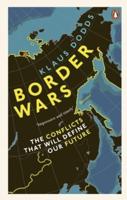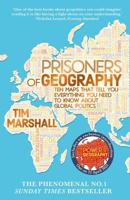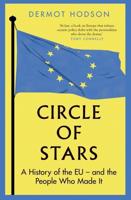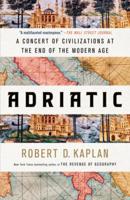Publisher's Synopsis
Ethnic Diasporas and the Canada-United States Security Community focuses on three diasporas and their impact on North American security relations, the Irish and Germans, which were mainly in the US, and the Muslim diaspora, which is based in both countries. The book begins by examining the evolution of North America from a zone of war to a zone of peace (i.e., a security community), starting with the debate over the nature and meaning of the Canada-US border. It then assesses the role of ethnic diasporas in North American security, looking as to whether ethnic interest groups have been gaining influence over the shaping of the US foreign policy. This debate is also valid in Canada, especially given the practice of federal political parties of catering to blocs of ethnic voters. The second section of the book focuses on three case studies. The first examines the impact of the Irish Americans on the quality of security relations between the US and the UK, and therefore between the former and Canada. The second looks at an even larger diaspora, the German Americans, whose political agenda by the start of twentieth century attempted to discourage Anglo-American entente and eventual alliance. The final case concentrates on the debates around the North American Muslim diaspora in the past two decades, a time when policy attention turned toward the greater Middle East, which in many ways constitute the "kin community" of this politically active diaspora. This comparative assessment of the three cases provides contextualization for today's discussion of homegrown terrorism and its implication for bilateral security cooperation in North America.










